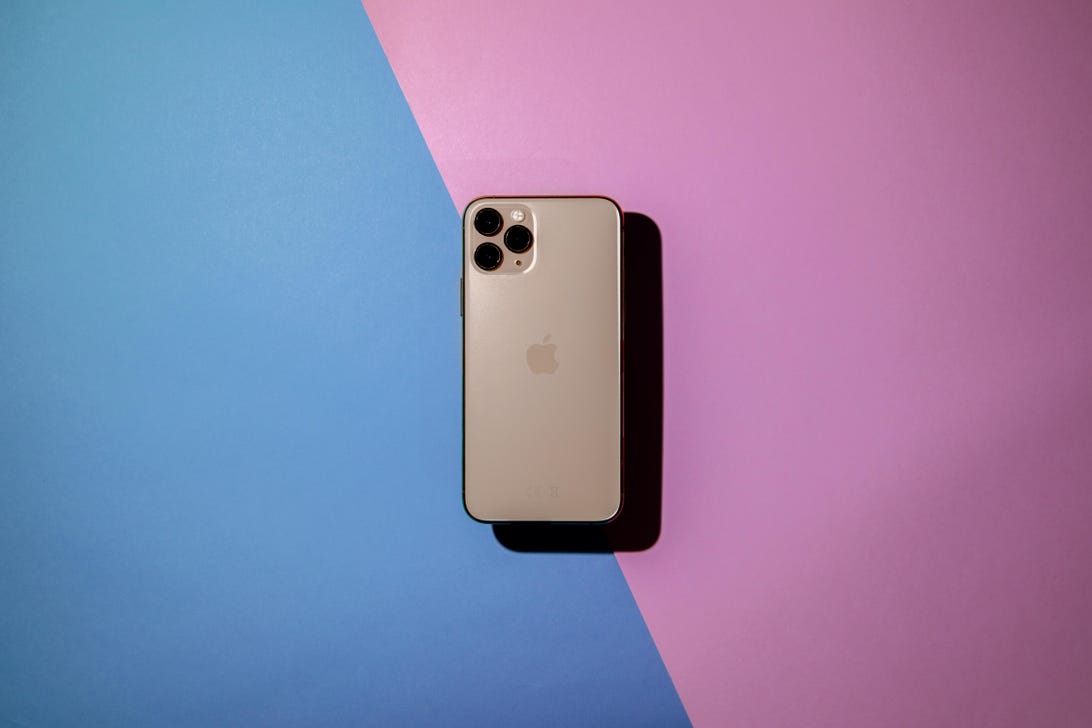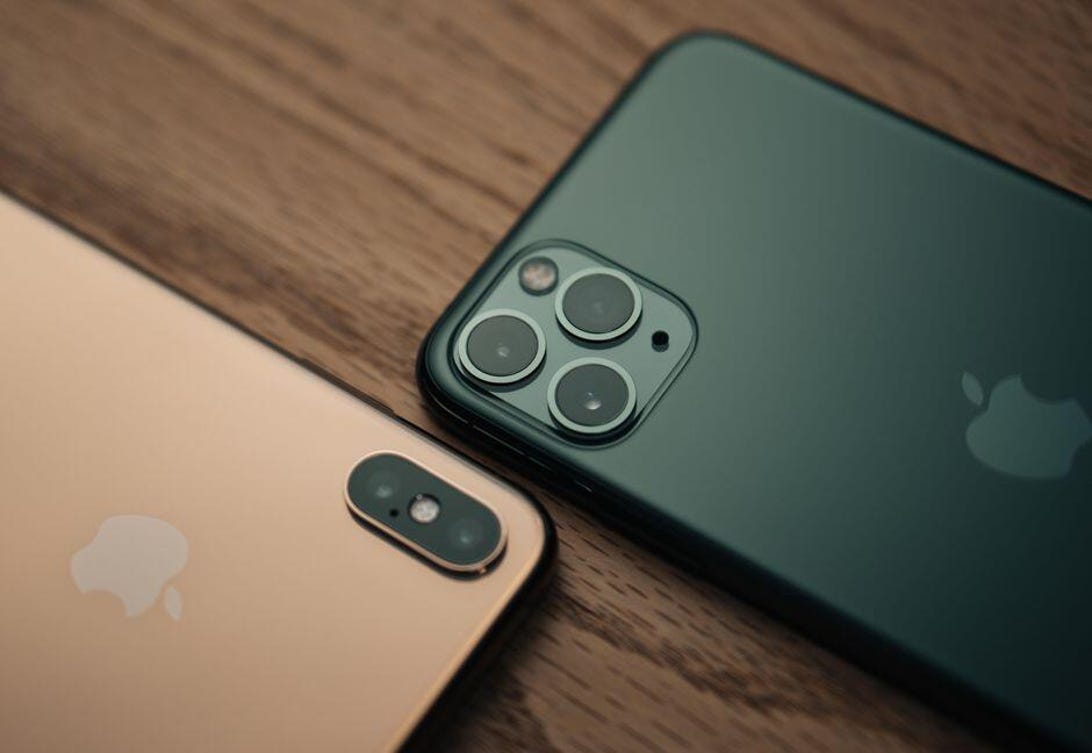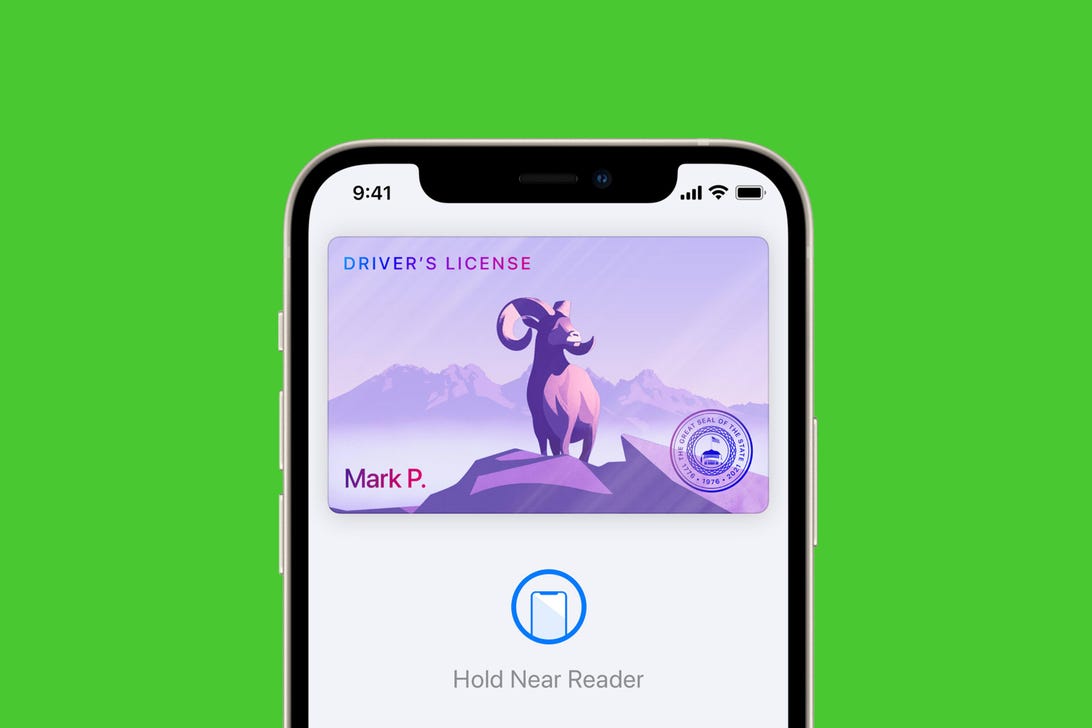
The iPhone 11 may still be the Apple smartphone for you, even though the iPhone 13 is here.
Andrew Hoyle/CNETApple's iPhone 11 is two years old and now that the iPhone 13 and iPhone 13 Pro have arrived, is it still a good idea to buy the older iPhone? It's a fair question to consider, especially since the iPhone 11, which launched at $799, has since been discounted to $499 on Apple's website. Beyond price and your personal budget, the decision could depend on what features you need in a smartphone. You may even consider buying an iPhone 12 or an iPhone SE instead.
For instance, do you mind using an iPhone that feels a bit dated? Or do you think saving several hundred dollars is more important than carrying the latest smartphone? What about 5G -- how important is that to you? If you're shopping on a budget, the iPhone 11 is still a great choice. Although you'll be missing out on some newer features, the iPhone 11 gives you all the basics you'd want from an iPhone, including battery life that's on par with the iPhone 12, a great dual-lens camera that includes night mode and a processor that's still fast enough for everyday tasks.
Read more: Here's how the iPhone 11 compares to the iPhone 12 and how iPhone 13 compare to iPhone 12.
But if you have some wiggle room in your budget, here are some questions to ask yourself. (For the purposes of this article, I'm going to assume that you are currently using an iPhone.) And if you're still mulling over your decision after that, here's how iPhone 13 compares to the last five years of iPhones and here's our list of the best iPhones. Plus, all the differences between the iPhone 11, 11 Pro and 11 Pro Max.
5G connectivity: iPhone 11 doesn't have 5G. But do you really need it right now?
One of the iPhone 11's biggest missing features compared to the iPhone 13 and iPhone 12 is 5G connectivity. The iPhone 11 is an LTE-only device, and if you don't care for the next-gen wireless tech just yet (service is patchy in the US after all), then the iPhone 11 should suit you just fine. Remember that 5G debuted on the iPhone 12 lineup and getting access to faster bands of 5G depends on where you live, so going for the iPhone 12 makes your purchase more future-proof.

Display quality: You won't get a 120Hz refresh rate on an iPhone 11 (or iPhone 12)
The iPhone 11 uses a crisp LCD screen that refreshes at 60 frames per second, or 60Hz. Apple traded up in the iPhone 12, equipping it with an OLED screen, though it kept the display at 60Hz just like most phones. OLEDs are typically more vibrant than their LCD counterparts, with richer contrast and inkier blacks. If you watch a lot of videos on your iPhone and want a superior viewing experience, an OLED screen might make more sense for you. The iPhone 13 also boasts an OLED panel too, though Apple bumped up the refresh rate for the Pro models to 120Hz. The faster refresh rate will translate to smoother, snappier scrolling through apps and websites.

Apple's Wallet app will be able to store driver's licenses in iOS 15.
Screenshot by CNETSoftware support: How long will the iPhone 11 get iOS software updates?
Apple's latest operating system, iOS 15, is supported on many older iPhones, and the oldest is the 2015 iPhone 6S (Here's how to download the new OS, but you may want to wait.) Based on that and some quick mental math, we can deduce that Apple plans to provide iPhone support for up to six years from launch. As a result, with the iPhone 11, unveiled in 2019, you can rest comfortably knowing that you can expect updates through 2025.
Read more: iOS 15's biggest new features: FaceTime, Apple Wallet and Notifications get new tricks
Durability and water resistance: How durable do you want your iPhone to be?
If you do opt for the iPhone 11, you will miss out on a few durability features that are available on the newer iPhone models. One of the iPhone 12's big improvements is the material of its display. Apple calls it "ceramic shield" glass. Made by Corning, the ceramic shield glass covering the phone's display is apparently harder than most metals. Indeed, we can confirm that the iPhone 12's ceramic shield is tough. Our iPhone 12 drop tests show it protected the hardware from drops as high as 9 feet. (CNET's iPhone 12 Mini drop tests yielded similar results.) The iPhone 13 also has the same ceramic shield glass on its display.
So if you're a big klutz and are prone to slips and drops, springing for the iPhone 13 or iPhone 12 is a wise move (or just get a really nice iPhone case). Keep in mind, the iPhone 11 isn't a delicate darling, either. It also survived CNET's drop and water tests and earned a CNET Editors' Choice Award. You can read our iPhone 11 review for more details.
Read more: Farewell iPhone case: The case for the caseless phone
Price and budget: How much do you want to spend on an iPhone?
As I said earlier, Apple is selling the nearly two-year-old iPhone 11 for $300 less now than when it was first launched, making it a great choice for those shopping on a budget. The iPhone 11 is also just $100 more than the current iPhone SE and offers more features like a larger screen, longer battery life and a dual-camera with wide and ultra-wide lenses. If it fits your budget, the iPhone 11 may be your best option for an affordable iPhone.
But, if you want the latest from Apple, phone carriers like Verizon, T-Mobile and AT&T offer the iPhone 13 Pro, standard 13 or 13 Mini for $0 with a trade-in. Just keep in mind that there are plenty of caveats to those deals.
"still" - Google News
September 22, 2021 at 06:00PM
https://ift.tt/3hYIpHH
Should you still buy an iPhone 11? Apple's older iPhone may be the best budget-friendly option - CNET
"still" - Google News
https://ift.tt/35pEmfO
https://ift.tt/2YsogAP
Bagikan Berita Ini














0 Response to "Should you still buy an iPhone 11? Apple's older iPhone may be the best budget-friendly option - CNET"
Post a Comment